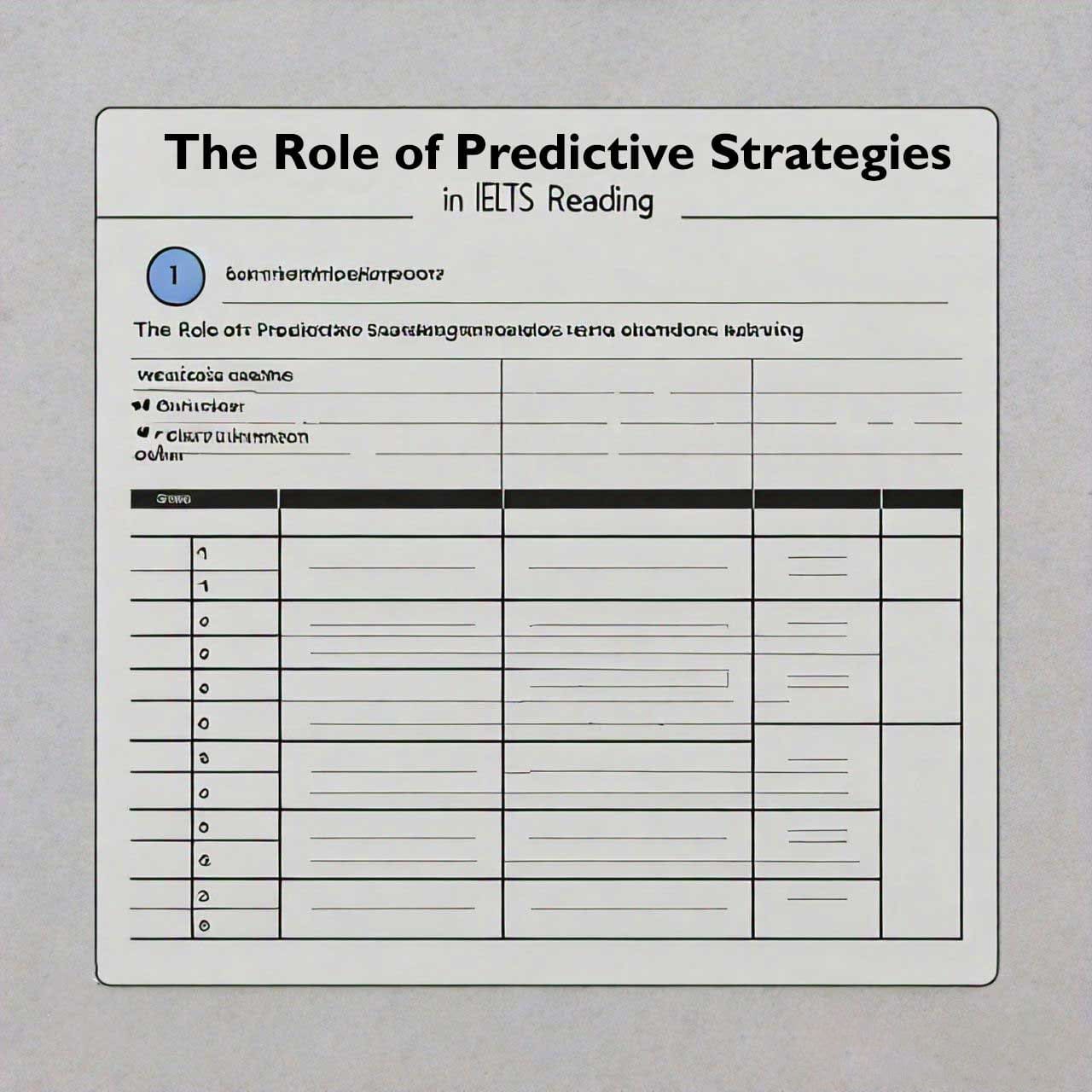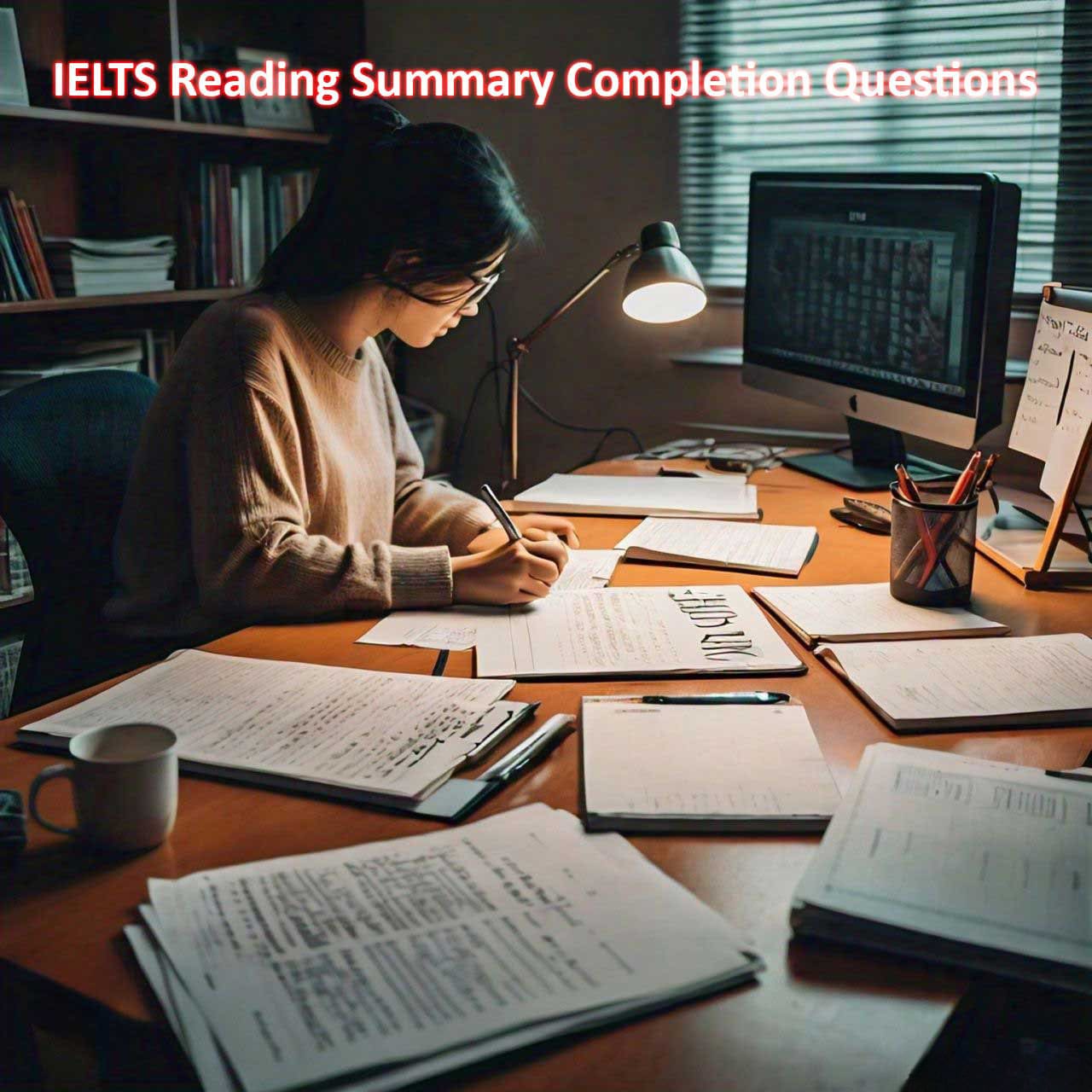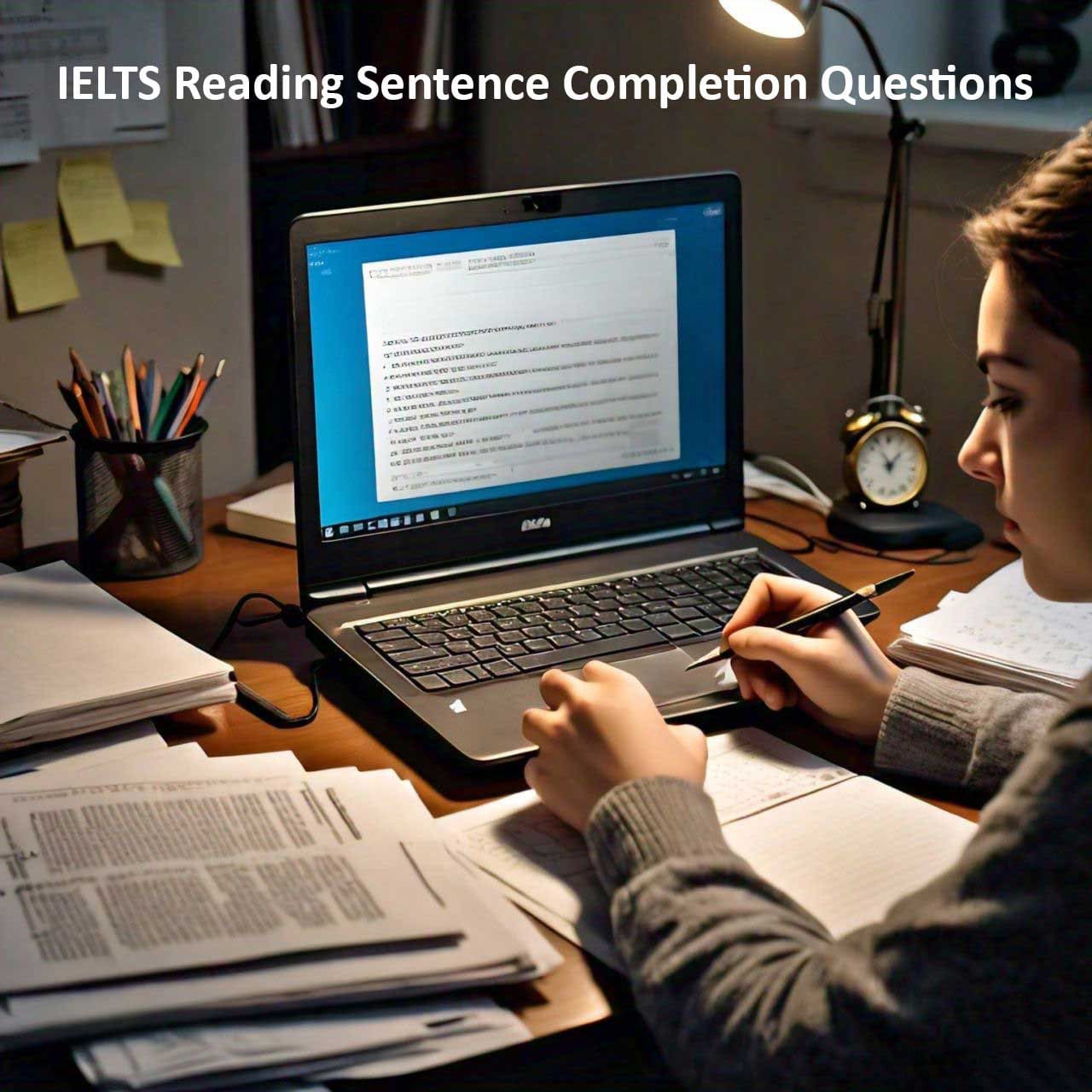In the dynamic landscape of the IELTS (International English Language Testing System) exam, the Reading section stands as a critical assessment of your ability to comprehend and analyze written texts. Within this section, employing predictive strategies plays a pivotal role in unraveling complex passages and ultimately securing a high score. In this blog post, we’ll explore the significance of predictive strategies in IELTS Reading and how they can elevate your performance on the exam.
Table of Contents
Understanding Predictive Strategies in IELTS Reading
1. Anticipating Content: Predictive strategies involve anticipating the content, structure, and purpose of a text based on contextual clues, topic sentences, and headings.
2. Pre-Reading Techniques: Employing pre-reading techniques, such as skimming and scanning, allows you to preview the text and formulate predictions about its content before delving into the details.
3. Contextual Clues: Paying attention to contextual clues, including keywords, signal words, and transition phrases, helps you infer the meaning of unfamiliar words or concepts and anticipate the direction of the text.
4. Activating Background Knowledge: Drawing on your background knowledge and prior experience enables you to make educated guesses about the topic, themes, or arguments presented in the text.
The Role of Predictive Strategies in IELTS Reading
1. Enhancing Comprehension: Predictive strategies enhance comprehension by priming your mind to actively engage with the text and anticipate key information, thereby improving retention and understanding.
2. Fostering Efficiency: By predicting the content and structure of the text, you can approach the reading passage more efficiently, focusing on relevant details and bypassing extraneous information.
3. Facilitating Skimming and Scanning: Predictive strategies facilitate skimming and scanning techniques by guiding your attention to specific areas of interest or relevance within the text, allowing you to locate key information quickly.
4. Aiding Question Answering: Anticipating the content and context of the text equips you with the background knowledge and mental framework necessary to answer questions accurately and efficiently.
Strategies for Employing Predictive Strategies in IELTS Reading
1. Preview the Text: Before reading the passage, preview the headings, subheadings, and topic sentences to gain an overview of the content and structure of the text.
2. Activate Background Knowledge: Draw on your background knowledge and familiarity with the topic to formulate hypotheses about the content, purpose, and main ideas of the text.
3. Identify Key Terms and Concepts: Scan the text for key terms, concepts, or vocabulary words that provide clues to the main ideas or themes of the passage.
4. Anticipate Questions: Anticipate the types of questions that may be asked based on the content and structure of the text, and adjust your reading strategy accordingly to focus on relevant details.
5. Make Predictions: Formulate predictions about the content, arguments, or conclusions of the text based on the information provided in the introduction, headings, and topic sentences.
6. Adjust Predictions as You Read: Continuously adjust your predictions as you read through the passage, confirming or revising your hypotheses based on new information or insights gained from the text.
Conclusion
Predictive strategies are invaluable tools for navigating the complexities of the IELTS Reading section, empowering you to approach reading passages with confidence, efficiency, and comprehension. By employing pre-reading techniques, activating background knowledge, identifying key terms and concepts, anticipating questions, making predictions, and adjusting predictions as you read, you can harness the power of predictive strategies to enhance your performance on the exam. Remember, practice is key to mastering predictive strategies, so incorporate these techniques into your study routine and hone your skills regularly. With diligence and dedication, you’ll be well-equipped to tackle the IELTS Reading test with confidence and achieve your desired score.



